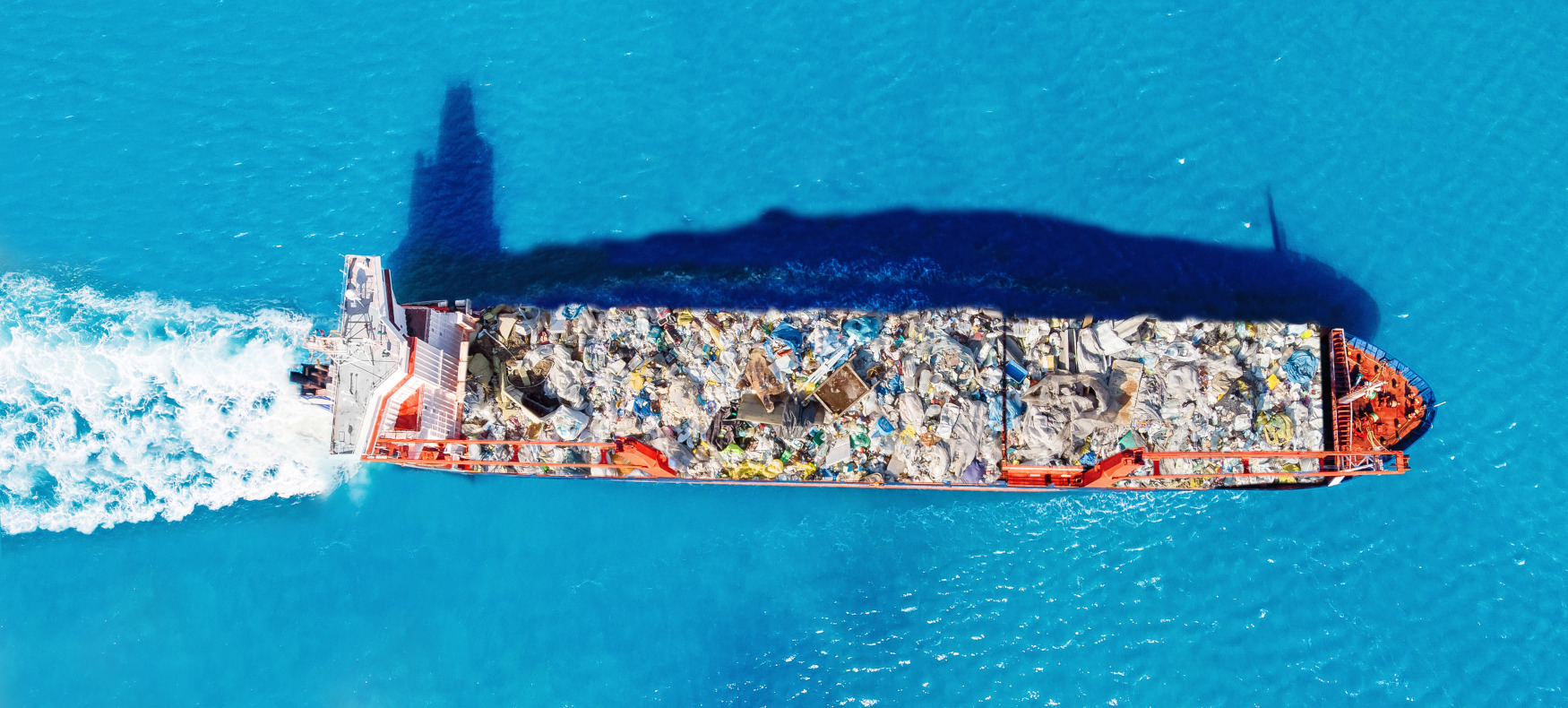
April 29, 2021 – The Institut des politiques publiques (PSE/GENES) publishes a new Policy Brief (n°64) on the possible impact – using the lessons from a 2017 Chinese experiment – of new European regulations that will drastically reduce European exports of plastic waste.
Authors : Julien Martin, Isabelle Mejean, Ines Picard, Benoît Schmutz
Contacts : isabelle.mejean@polytechnique.edu, benoit.schmutz@polytechnique.edu
Summary: In this note, we use China’s ban of plastic waste imports in 2017 as a natural experiment of a sudden drop in the world demand for plastic waste. We study how French exporters have adjusted, both in terms of quantities exported, destinations, and prices. After the ban, exports to other Asian countries increased sharply, but this redirection appears to be short-lived, unlike redirection towards other EU countries. In addition, there is suggestive evidence of a polarization of the quality of plastic waste exports between destinations. In light of our findings, we discuss the possible impact of new European regulations that will drastically reduce European exports of plastic waste.
Download this Policy Brief: From Guangzhou to Naples: French exports of plastic waste
Key points:
- Since January 1st 2021, the European Commission has i) banned exports of hard-to-recycle plastic waste to non-OECD countries, and ii) introduced a “prior notification and consent procedure” on all other transactions involving hazardous or hard-to-recycle plastic waste.
- This regulation is akin to a sizeable demand shock in European markets for plastic waste.
- We discuss the potential impact of this shock using insights from a comparable natural experiment, namely the China ban on imports of plastic waste in 2017.
- Before the ban, China imported 85% of the volume of plastic waste traded in international markets. In 2018, when China has banned imports of plastic waste, the world volume of trade has shrunk by 55% but a substantial share of these trade flows has been diverted to other countries than China.
- French exporters directly exposed to the China ban increased exports to other countries, notably Malaysia and Turkey, but also other EU countries such as Spain.
- We discuss suggestive evidence of a specialization of intra-EU trade after the ban, with some countries like Germany and Belgium absorbing relative low-quality plastic waste when other countries, Spain and Italy, import higher-price products.
- Such specialization may be efficient, but anecdotal evidence suggest illegal activities also participate to explaining observed patterns.
- Absorbing the shock induced by the 2021 EU regulation requires immediate investments in sorting and recycling capacities, to avoid the development of illegal trade.
Funding: The authors gratefully acknowledge support from the Investissements d’Avenir program (ANR-11-IDEX0003/Labex Ecodec/ANR-11-LABX-0047), the European Research Council (ERC) under the European Union’s Horizon 2020 research and innovation program (grant agreement No 714597), and the UQAM research Chair on the local impact of multinationals.
Press articles
- Polytechnique Insights, 21/06/2021 – Déchets plastiques : la nécessité d’agir vite
- France Inter, 04/05/2021 – Déchets plastiques : investir pour repousser la frontière technologique
Ce message est également disponible en :  French
French


